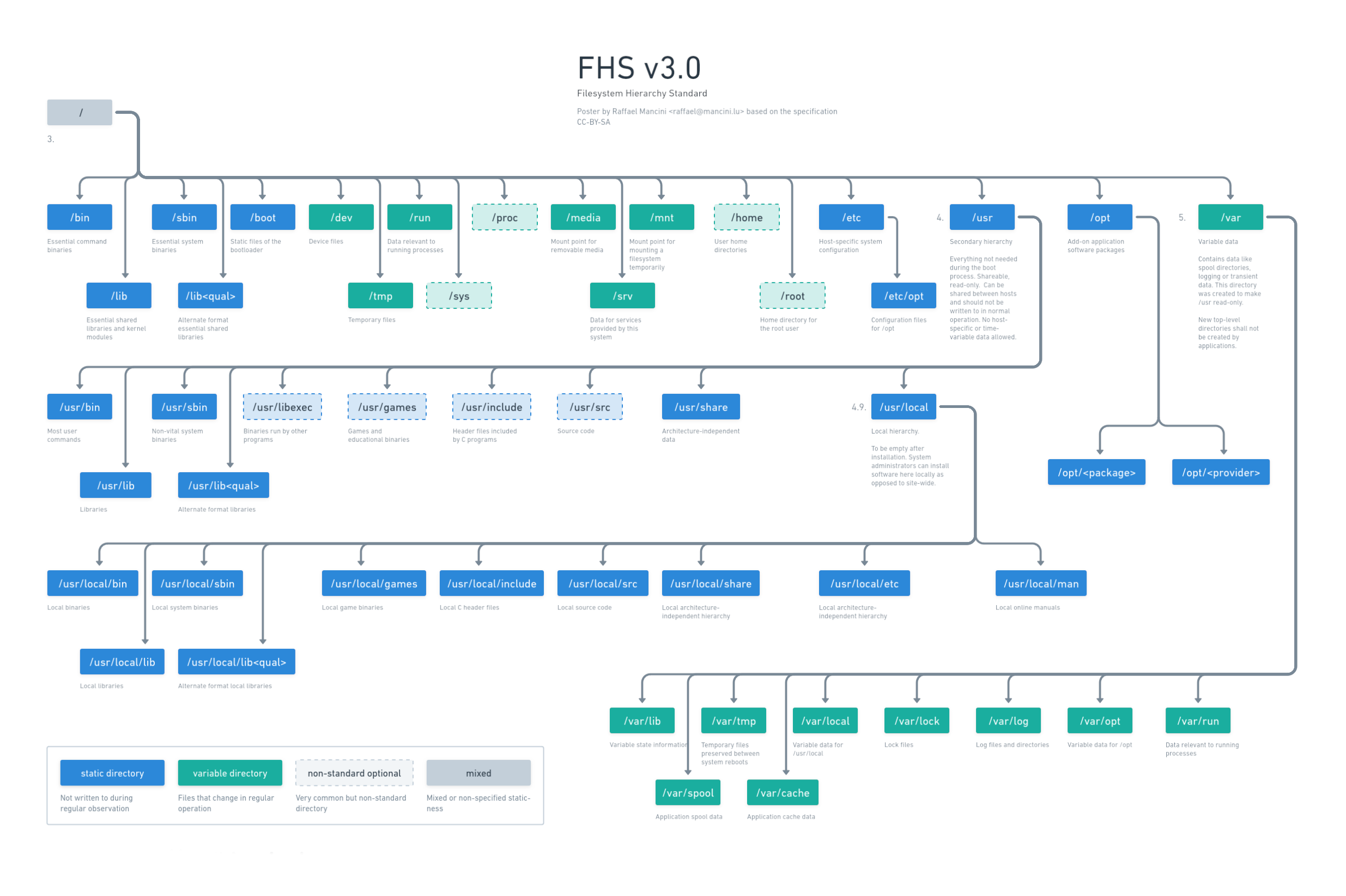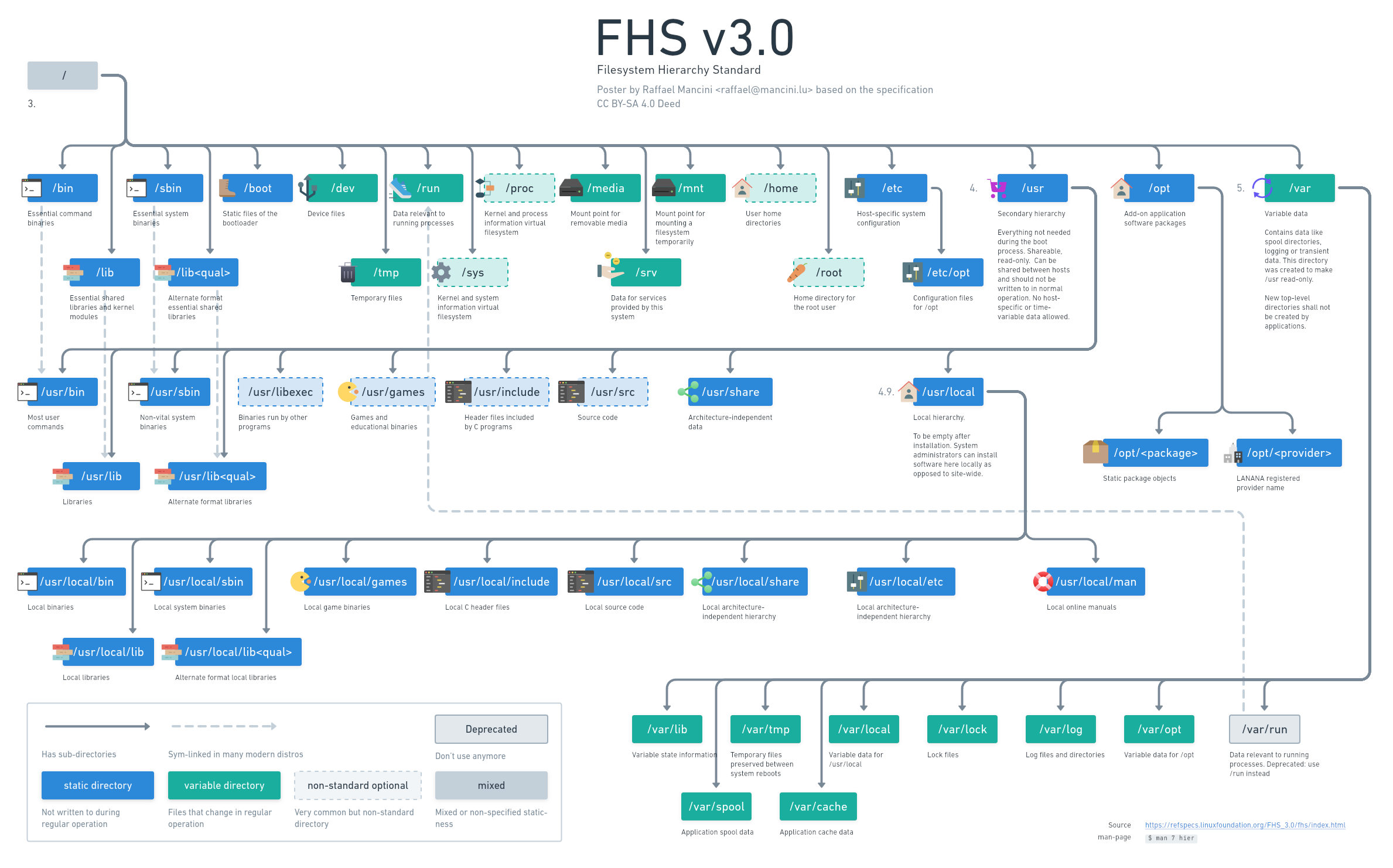this post was submitted on 11 Dec 2023
562 points (98.4% liked)
Linux
48389 readers
1151 users here now
From Wikipedia, the free encyclopedia
Linux is a family of open source Unix-like operating systems based on the Linux kernel, an operating system kernel first released on September 17, 1991 by Linus Torvalds. Linux is typically packaged in a Linux distribution (or distro for short).
Distributions include the Linux kernel and supporting system software and libraries, many of which are provided by the GNU Project. Many Linux distributions use the word "Linux" in their name, but the Free Software Foundation uses the name GNU/Linux to emphasize the importance of GNU software, causing some controversy.
Rules
- Posts must be relevant to operating systems running the Linux kernel. GNU/Linux or otherwise.
- No misinformation
- No NSFW content
- No hate speech, bigotry, etc
Related Communities
Community icon by Alpár-Etele Méder, licensed under CC BY 3.0
founded 5 years ago
MODERATORS
you are viewing a single comment's thread
view the rest of the comments
view the rest of the comments



There is a lot of work being done on reproducible builds in the guix project and other distros. The idea being that you can be sure that a binary package is bit for bit the same, whoever builds it and on whatever system. This would be the first time you have complete traceability of what goes into your binaries.
On guix, you can for example install substitutes of packages which you could also build manually. Since the build environment and the dependencies are very tightly controlled, you have mathematical proof that the substitute is equivalent to the package built by the maintainer. You can thus be sure that no evil third party injected malware into the substitute binary, unless ot was done at source code level and the package maintainer has put it there (by accident).